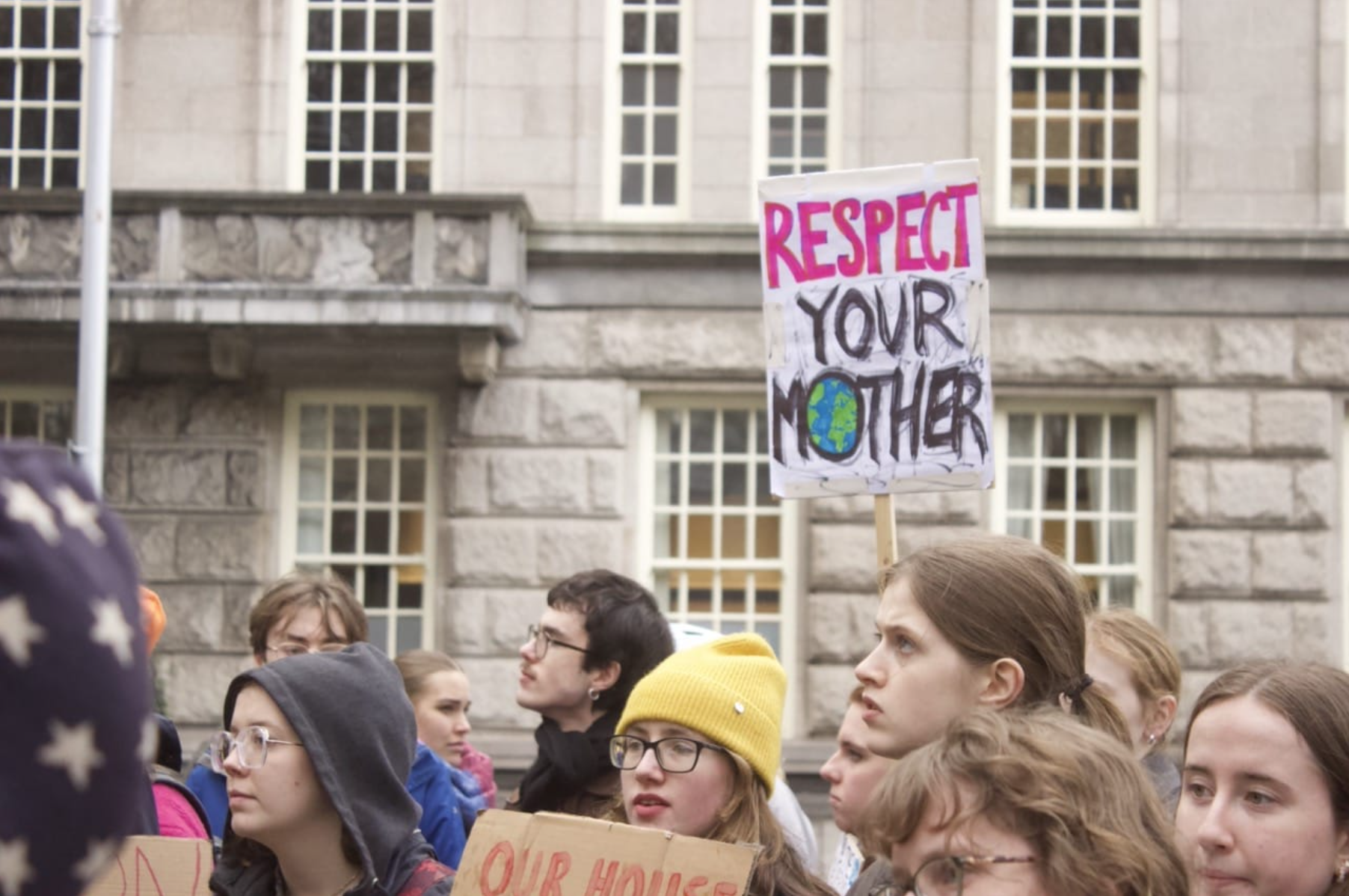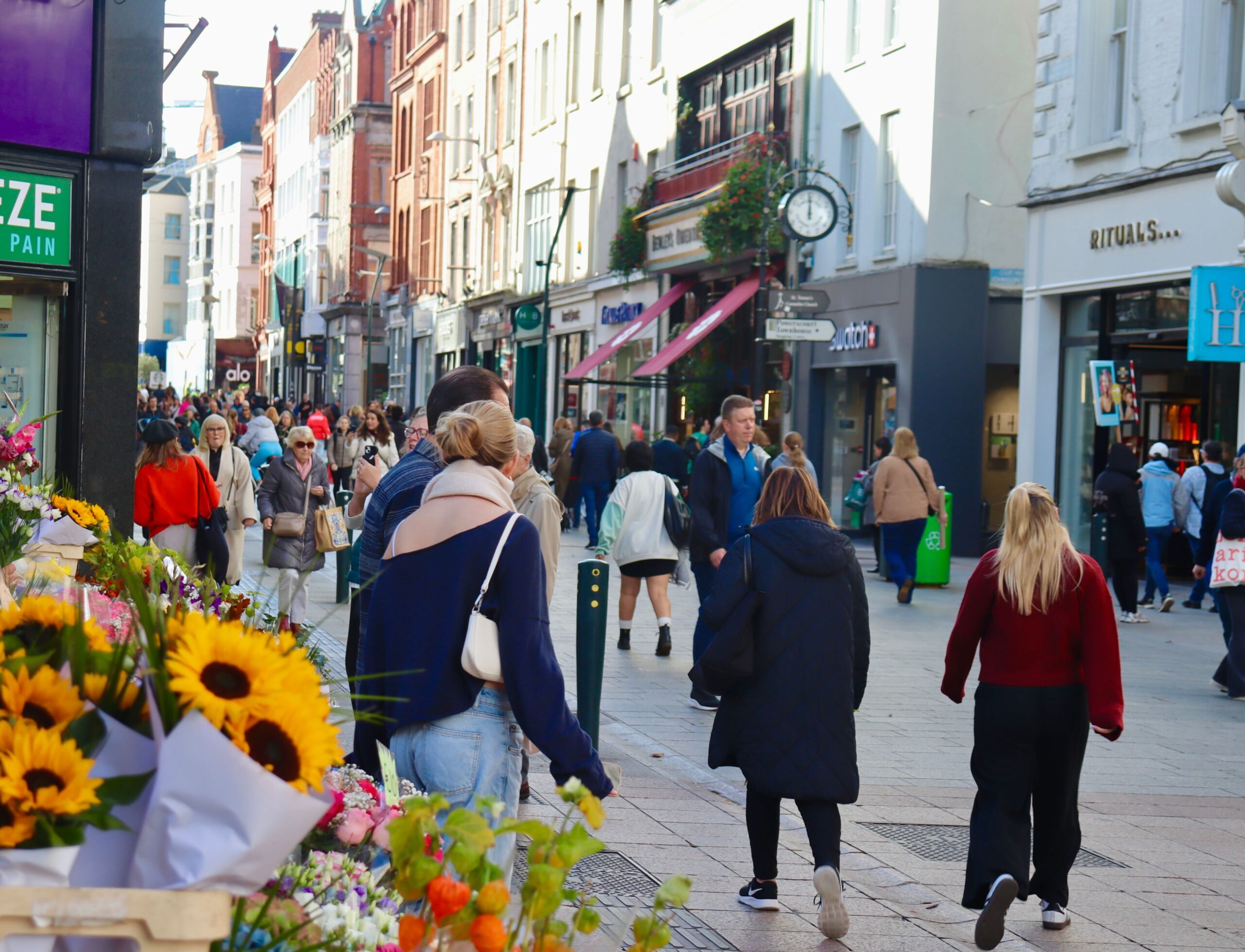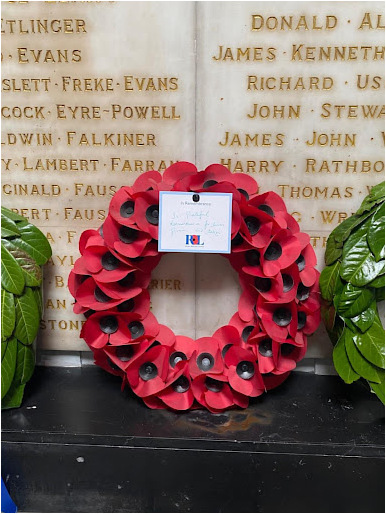However, the mandate to ban the paper came into force the same day The Irish Daily Mail’s apology was printed. The paper appeared at pains to express “sincere apologies to Mr Mulrooney’s family and friends.” The paper’s Managing Director travelled to Cork to apologise in person.
SU President Ryan Bartlett had written personally to The Mail shortly beforehand, as mandated to at last Tuesday’s meeting. Bartlett wrote seeking an apology and expressing that he “cannot comprehend the anguish this must have caused for all of his friends, family and others connected to him.” Despite the immediacy of the subsequent apology, the paper will not be sold on campus until the SU Council reviews the issue on January 24. The delivery of the sought-after apology suggests that the ban will be overturned on this date.
The situation has raised concerns online over censorship and freedom of expression. One student on boards.ie complained that the action “[prevents] the publication of the rest of their issues, not the untrue one.” The issue differs from the boycott of Nestle and previous boycott of Coca Cola as such products do not concern the right to free speech. Another student claimed on the thread that the “sensationalist lies” justify the ban, while another asked whether or not “the SU now fact check every publication it receives before allowing its sale.”
Kenny’s article pointed out the two possible realities pertaining to the publication: that the story was fabricated, or that it was improperly researched.
The Mail pleaded genuine mistake, blaming “an error in the production process.” Editor-in-chief Eric Bailey suggested that although the story’s origins came from “reports from friends and associates of Mr Mulrooney that a body had been recovered, the paper fell well below the high standards” set by it.
Whether or not students believe that the publication was genuinely erroneous, they are left to wonder whether lazy journalism and factual inaccuracies are sufficient to ban the sale of publications in a university.






